
Insights from HSF’s private equity team
How does the HSF private equity team differentiate itself in the market? John Taylor, partner and the head of the…

How does the HSF private equity team differentiate itself in the market? John Taylor, partner and the head of the…

In the last two years, how has the ESG practice group grown at the firm? Anya George: One notable characteristic…

Could you share some examples of innovative ways Herbert Smith Freehills is working with clients in the ESG space? Silke…
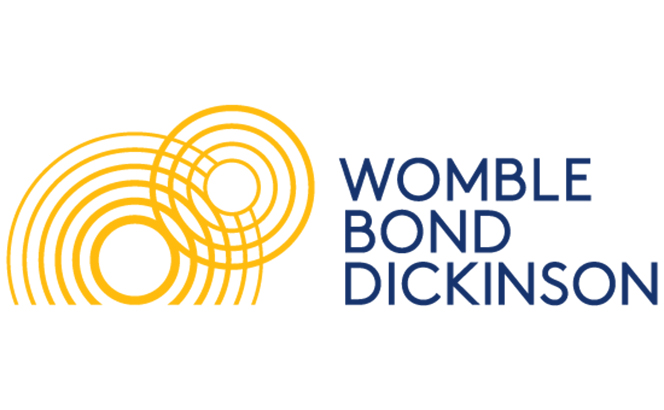
Jonathan Bower, partner, planning and infrastructure team leader and partner lead for net zero by 2030 strategy at Womble Bond…
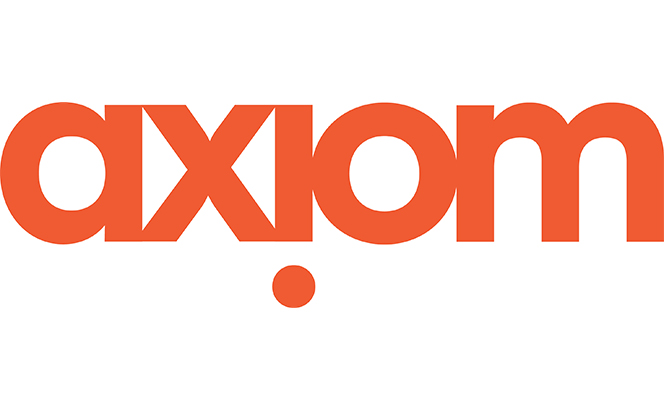
The legal landscape for general counsel (GCs) in the United Kingdom is undergoing significant challenges and transformations in 2024. A…
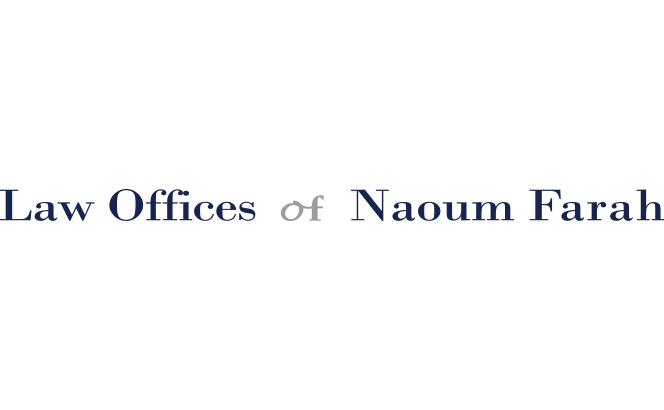
Lebanon finds itself trapped in a profound political, economic, financial, and social crisis, the effects of which have echoed across…
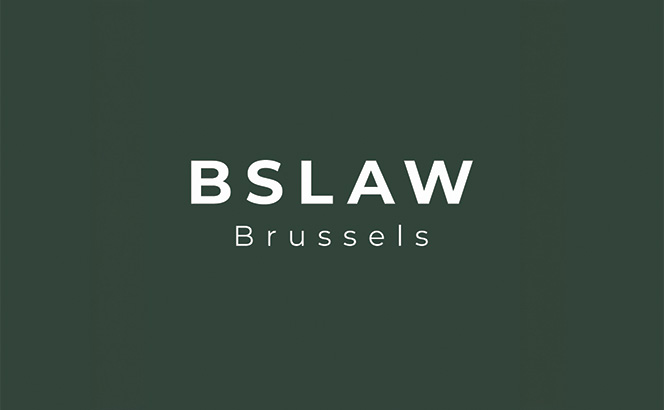
The European Union has taken a significant step towards promoting sustainable and responsible business practices with the adoption of the…
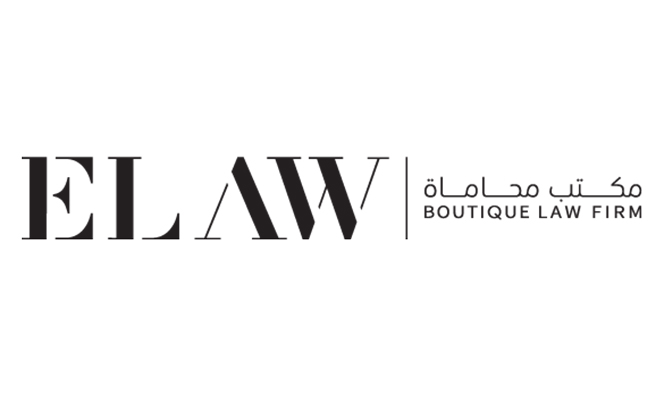
Profile: An Overview of the Firm At the heart of Saudi Arabia’s evolving commercial landscape stands ELaw Boutique Law Firm,…
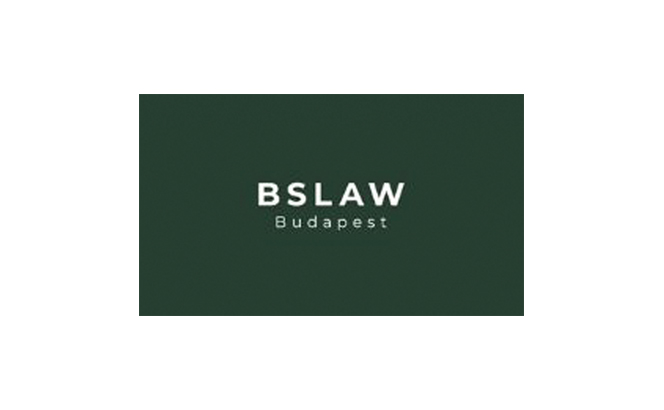
The advent of artificial intelligence (AI) has ushered in an era of unprecedented technological advancements, transforming various sectors by enhancing…
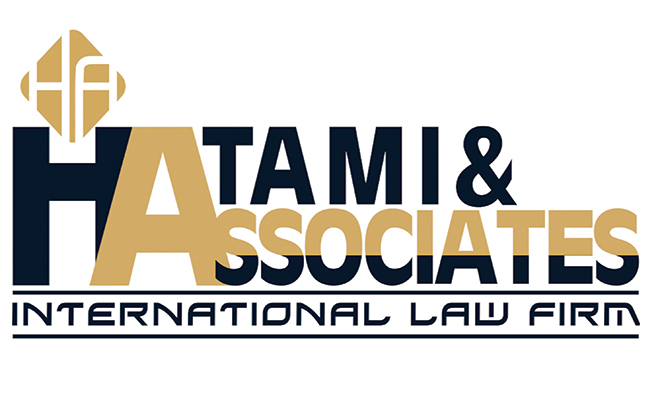
Iran is a strategic country located in the Middle East, possessing abundant natural resources such as oil, gas, gold, and…
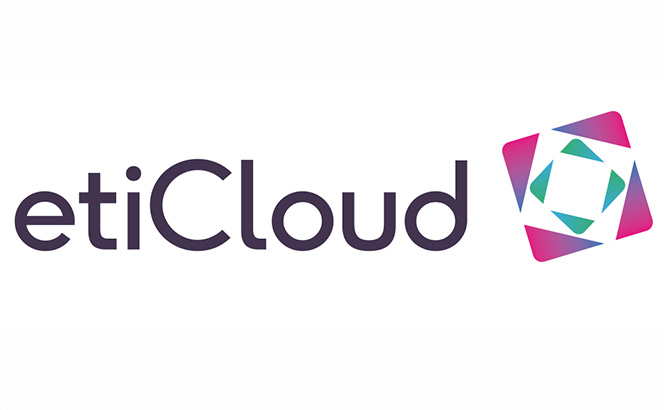
Jonathan Ashley of etiCloud on how prevention is the best defence when it comes to keeping your company safe from…

Environmental, social and governance (ESG) has evolved at a rapid pace in recent years. We’ve seen a meteoric rise in…

Rafael Salaberren Dupont, Juan Manuel Campos Álvarez, and Diego D’Odorico of SyLS discuss the processes, challenges, and prospects for M&A…
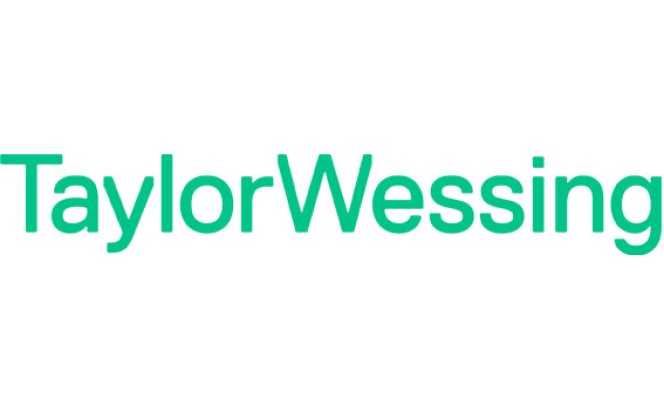
In the wake of recent advances in generative artificial intelligence (AI), AI has shot to the top of the board…

Multiple signs are pointing to an increasing momentum around M&A activity. If you’ve been holding out for better conditions to…
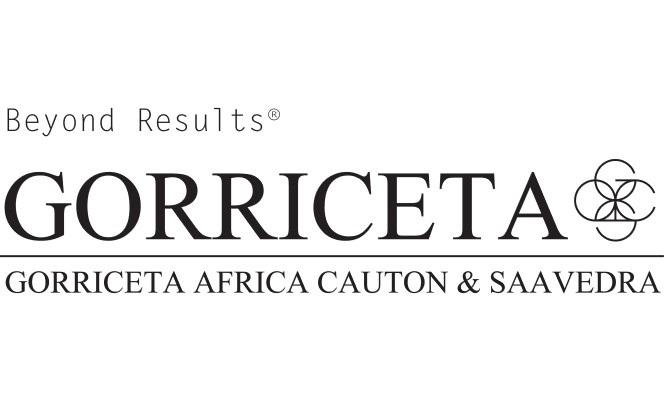
Gorriceta Africa Cauton & Saavedra lawyers led by Mark S. Gorriceta (managing partner), Kristine T. Torres (partner) and Kathleen T.…
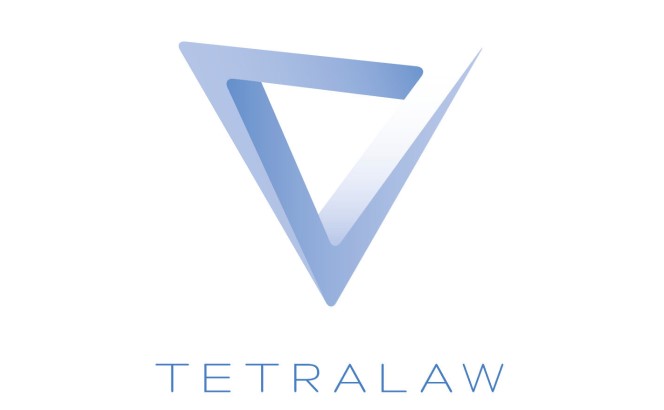
Jérôme Terfve and Guillaume Charlier report on the treatment of excess cash in M&A transactions by the Belgian authorities
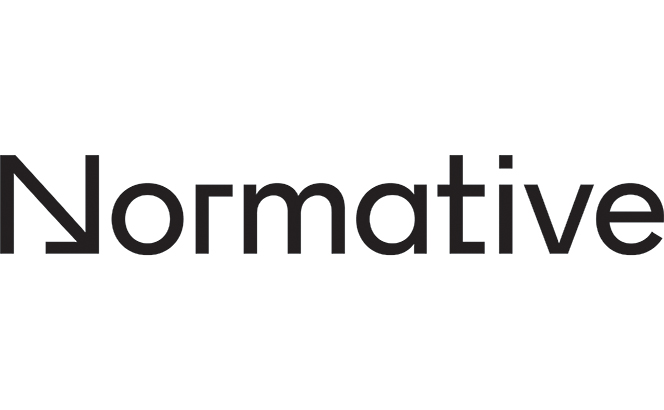
With a wave of environmental disclosure legislation on the horizon – CSRD, SECR, and many more – legal firms are…
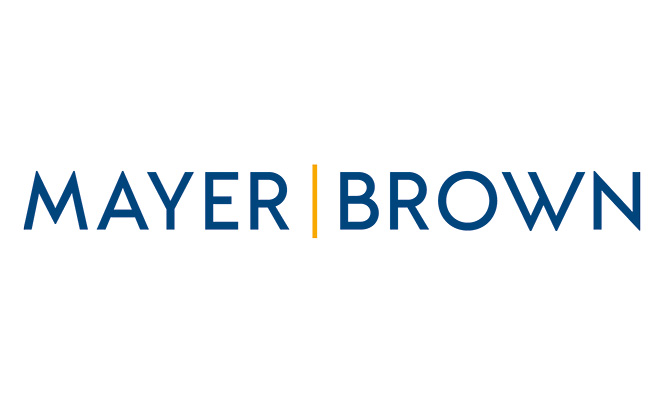
Dominic Griffiths is London managing partner at Mayer Brown and author and consulting editor of European Securitisation: A Practitioner’s Guide…
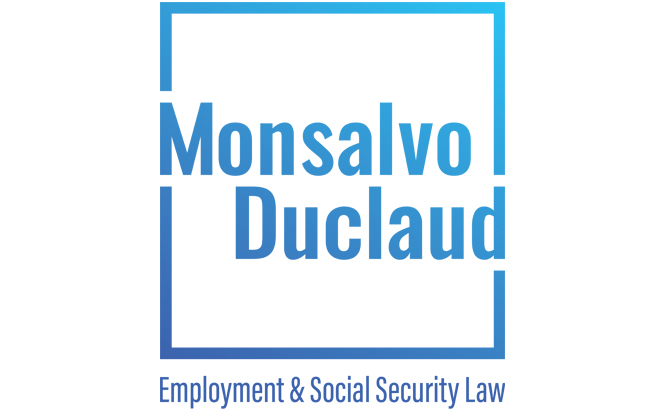
Can you elaborate on the role of government agencies and oversight bodies in enforcing labour laws and social security regulations…